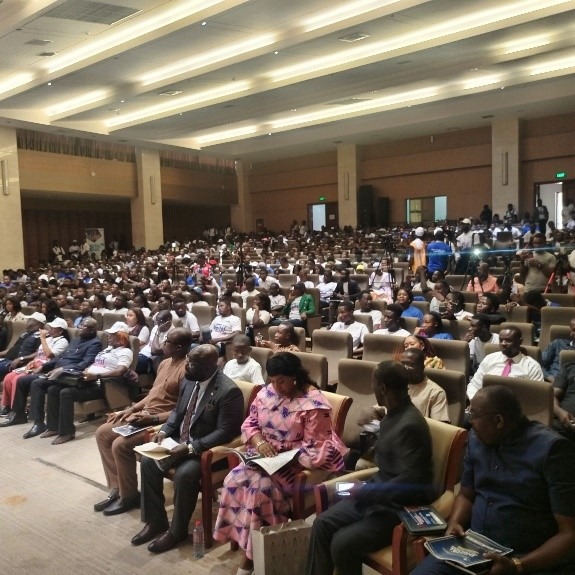President Joseph Nyuma Boakai of Liberia has championed the integration of Information and Communication Technology (ICT) education into the national school curriculum and community programs, recognizing the growing importance of digital literacy in the modern global economy. This initiative aims to transform Liberia into a hub for digital talent, producing a skilled workforce capable of competing internationally and driving innovation within the country. President Boakai stressed the immense potential of Liberian youth and the urgent need to equip them with the digital competencies essential for success in the 21st century. He believes that empowering the youth with these skills will not only benefit individual livelihoods but also contribute significantly to national development.
The President’s directive mandates the Ministry of Education to collaborate with the Digital Transformation Project and other relevant partners to implement ICT training within high school programs. This effort involves expanding ICT centers nationwide, with key agencies like the Liberia Telecommunications Authority (LTA), Liberia Telecommunications Corporation (LTC), and the Ministry of Posts and Telecommunications (MoPT) playing crucial roles in establishing these centers across the country. A unified approach is deemed critical for the success of this initiative, with the Digital Transformation Team and the Office of the Chief Information Officer within the Ministry of Posts and Telecommunications spearheading the coordinated efforts.
The initiative also highlights the importance of inter-agency collaboration. The National Identification Registry is working with the Digital Transformation Project to create a robust identity management database, to be managed by graduates of the ICT training programs. This database will likely serve as a crucial component of the digital infrastructure, ensuring secure and efficient identification processes. Furthermore, the Digital Transformation Project is partnering with various other sectors to integrate ICT across all Liberian ministries, agencies, and commissions, reflecting a comprehensive, whole-of-government approach to digital transformation.
The initial phase of this ambitious project has already borne fruit, with over 10,000 young Liberians receiving certification for completing digital skills training at a ceremony held in Monrovia. Seed funding was also awarded to fifty trainees with promising project proposals, further encouraging innovation and entrepreneurship among the participants. The ceremony, attended by representatives from various government ministries, agencies, and beneficiary students, reflects the broad support for this national initiative. Similar ceremonies were held nationwide, underscoring the commitment to reaching youth across the country.
The Liberia Digital Transformation Project (LDTP) reports that over 10,000 participants engaged in the program, both physically and online, demonstrating the project’s accessibility and reach. The LDTP envisions training half a million youth within the next three years, showcasing the scale and ambition of this transformative undertaking. Furthermore, discussions are underway to integrate digital education as a core subject within the high school curriculum, ensuring the long-term sustainability and institutionalization of digital literacy in Liberia.
Key stakeholders have recognized the significant impact of this initiative. The Minister of Education highlighted the opportunities it creates for employment and entrepreneurship, positioning Liberian youth to participate actively in the global digital economy. A representative from the Ministry of Youth and Sports emphasized the program’s role in empowering young people, fostering innovation, and creating sustainable livelihoods. While acknowledging logistical challenges faced during implementation, the government remains dedicated to expanding access to digital training and addressing the significant demand for these skills among young Liberians. This commitment indicates a long-term vision for digital literacy and its contribution to national development.














